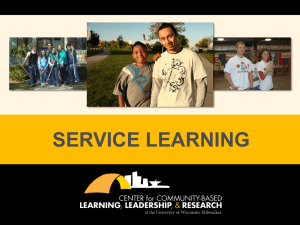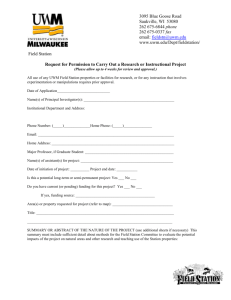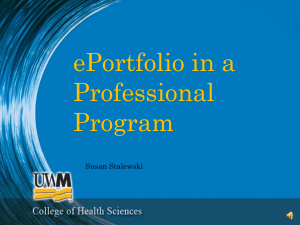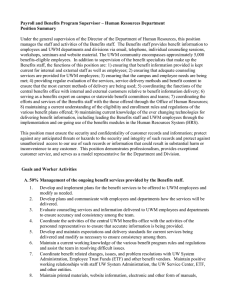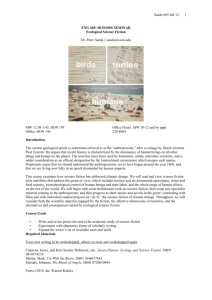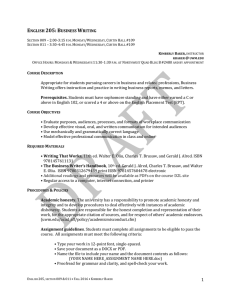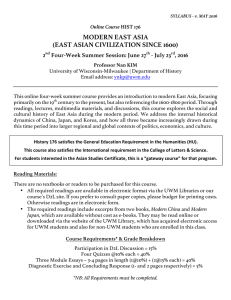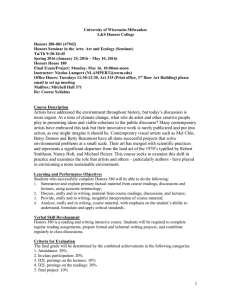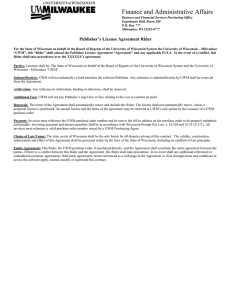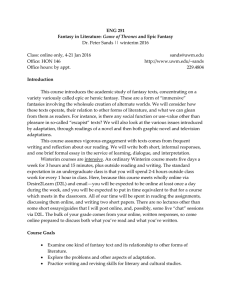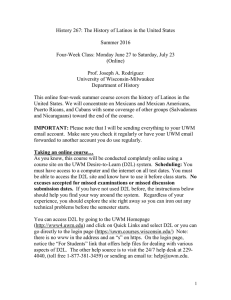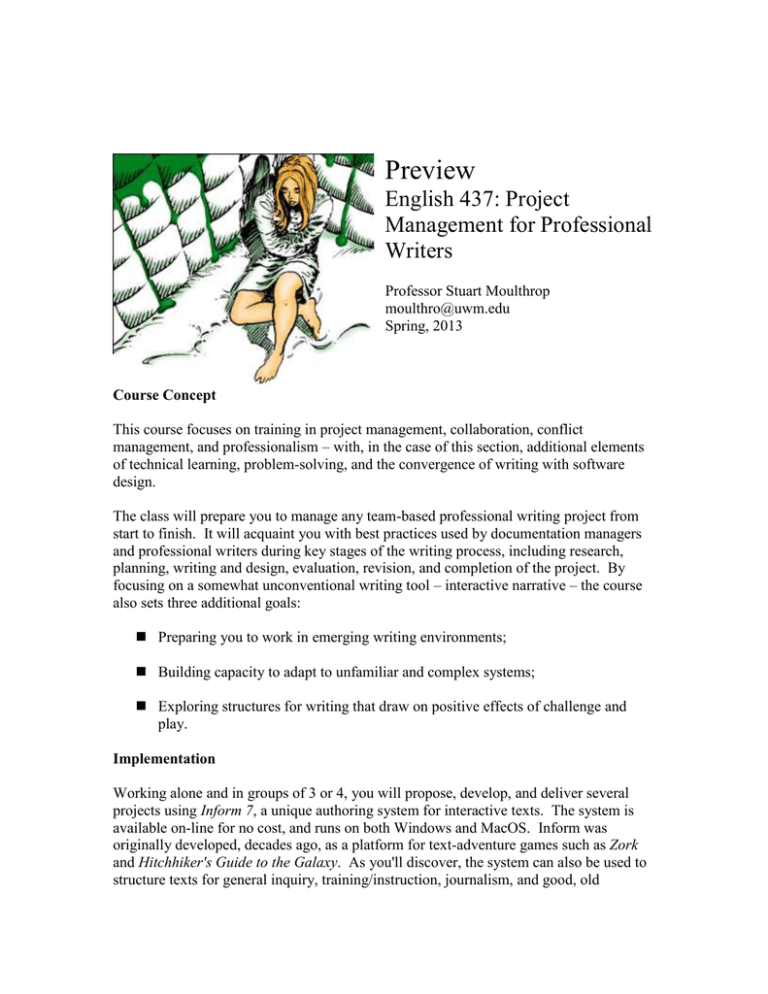
Preview
English 437: Project
Management for Professional
Writers
Professor Stuart Moulthrop
moulthro@uwm.edu
Spring, 2013
Course Concept
This course focuses on training in project management, collaboration, conflict
management, and professionalism – with, in the case of this section, additional elements
of technical learning, problem-solving, and the convergence of writing with software
design.
The class will prepare you to manage any team-based professional writing project from
start to finish. It will acquaint you with best practices used by documentation managers
and professional writers during key stages of the writing process, including research,
planning, writing and design, evaluation, revision, and completion of the project. By
focusing on a somewhat unconventional writing tool – interactive narrative – the course
also sets three additional goals:
Preparing you to work in emerging writing environments;
Building capacity to adapt to unfamiliar and complex systems;
Exploring structures for writing that draw on positive effects of challenge and
play.
Implementation
Working alone and in groups of 3 or 4, you will propose, develop, and deliver several
projects using Inform 7, a unique authoring system for interactive texts. The system is
available on-line for no cost, and runs on both Windows and MacOS. Inform was
originally developed, decades ago, as a platform for text-adventure games such as Zork
and Hitchhiker's Guide to the Galaxy. As you'll discover, the system can also be used to
structure texts for general inquiry, training/instruction, journalism, and good, old
interactive fiction. Your team project may settle in any of these areas, or one you invent
yourselves.
In its earlier versions, Inform was essentially a computer programming language, but in
Version 7, the product was radically revised to embrace non-programmers. Inform 7
allows you to create interactive text systems using declarative English sentences. No
coding or advanced software knowledge is required.
After an initial learning phase and solo project, you will work with a small team to design,
produce, and test a common project. Each stage of this work will require intensive
collaboration, documented in specified forms such as concept papers, progress reports,
and testing blogs. These documents, and the writing practices that go with them, are
intended to model writing forms used in commercial work, especially the design of
interactive systems and software. As your efforts proceed, you will almost certainly run
into technical questions that require investigation and research. Again, you will be taught
models and methods for these activities that represent industry best practices.
The overall goal of the course is to make you a confident, practiced writer in team-based,
technologically advanced contexts.
Who Should Take This Course
The course is intended primarily for majors in the Professional Writing track, but might
also be of interest to Creative Writers and students of media and culture. Anyone with an
interest in writing, collaboration, and textual systems will find the course beneficial.
Again, no technical background is assumed or required.
Textbooks
1. Dicks, R. Stanley. Management Principles and Practices for Technical
Communicators. New York: Pearson Longman, 2004.
2. Reed, Aaron. Creating Interactive Fiction with Inform 7. Course Technology PTR,
2010.
There will also be additional, shorter readings available through D2L.
More Information
A complete syllabus, with meeting plan, assignments, and policies, will be posted on
D2L around January 1. Meanwhile you may contact me, moulthro@uwm.edu.
The course is scheduled to meet Tuesdays and Thursdays, 12:30-1:45, and will probably
do so regularly during the first half of the semester. At a certain point, however, we may
substitute on-line activities and small-group meetings for the Thursday class.
About the Instructor
Stuart Moulthrop joined UWM as Professor of English in 2010. He has taught previously
at Yale, the University of Texas, the Georgia Institute of Technology, and the University
of Baltimore, where he co-developed the program in Simulation and Digital
Entertainment. Moulthrop is an award-winning author of electronic literature and a
widely published commentator on digital culture and literacy. His UWM courses include
"Monstrous Progeny" (English 328), a course on cross-media narrative, and "Game
Culture" (English 380), a first course in critical approaches to videogames.
Image credit (above): Adam Cadre's cover art for his interactive fiction, Varicella.
Padded-room motif is not a likely indicator of course outcomes.

